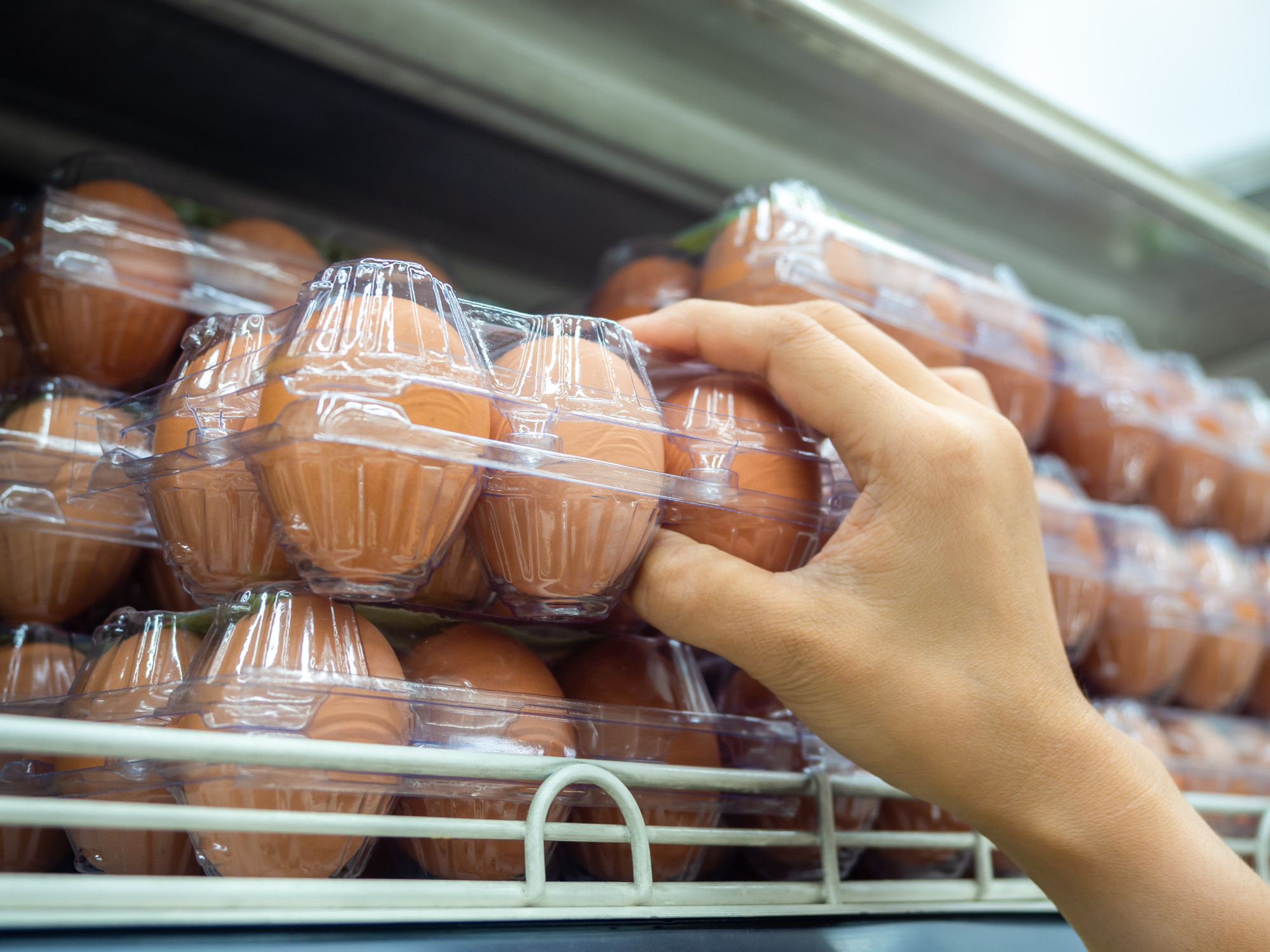For Japanese people, eggs are an important daily staple. Japanese dishes like dashimaki tamago (rolled egg), oyakodon (chicken and egg bowl), and sukiyaki (beef and vegetables eaten with a raw egg sauce) are preparations in which eggs are indispensable. For this reason, some farmers produce premium eggs with special characteristics and functions.
Compared to ordinary eggs, eggs produced with special feed and poultry-raising methods are called “specialty eggs.” In Japan, specialty eggs account for more than 50% of all eggs purchased for home use, and there are currently about 1,500 unique varieties in circulation. This number makes Japan one of the biggest specialty egg markets in the world. In addition, Japan’s Consumer Affairs Agency has established a Food with Function Labeling system¹ that allows labeling of the health functions of food products, which has increased consumer awareness and sales. Since then, several egg products have been registered in the program. In this column, we will introduce some of Japan’s special eggs.
What is “Specialty” in Japan?

What properties come to mind when you think of specialty eggs? In other countries, eggs produced with specific organic methods are often considered specialty eggs, but in Japan, that is not the only way. For example, there are eggs collected only from chickens raised and nurtured in limited regions for superior flavor, such as the Nagoya Cochin breed. Some farmers try to revitalize their regions and sales by branding their products with chickens and feed unique to each region. Others use exceptionally clean water and nutritious feed to make the eggs from their chickens more secure and healthy. These eggs are sold at a premium price compared to regular eggs because of the care and attention that goes into their production.
A System of Foods with Functional Claims
In Japan, there is a standard called the Food with Functional Labeling system. Under this system, based on the rules set by the Consumer Affairs Agency, a business can label a food as functional if it notifies the Commissioner of the Consumer Affairs Agency of the necessary information prior to its sale, such as scientific evidence regarding the safety and functionality of the food. For example, “Ise no Tamago,” rich in EPA/DHA, is registered as a Food with Functional Labeling as it is expected to be effective in lowering neutral fat levels. Thus, by taking advantage of the government’s system, the number and sales of egg products are gradually increasing as consumers are informed of the health functions of the eggs they consume.
 Because they eat eggs every day, Japanese people tend to seek safety and health in their eggs. In response to this consumer need, many egg farmers are offering exceptional specialty eggs produced to unique and exacting standards.
Because they eat eggs every day, Japanese people tend to seek safety and health in their eggs. In response to this consumer need, many egg farmers are offering exceptional specialty eggs produced to unique and exacting standards.
Panaferd® is used in Japan to feed layer hens. If people are particular about the place of origin and the source of the eggs, they will also want to be particular about the way they are raised. By using Panaferd®, a supplement made by a naturally occurring fermentation and culture method, poultry farmers are able to produce eggs that are safer, more secure, and have a delicious, superior golden color.
¹https://www.e-expo.net/pdf/news2015/20151228_caa01.pdf



